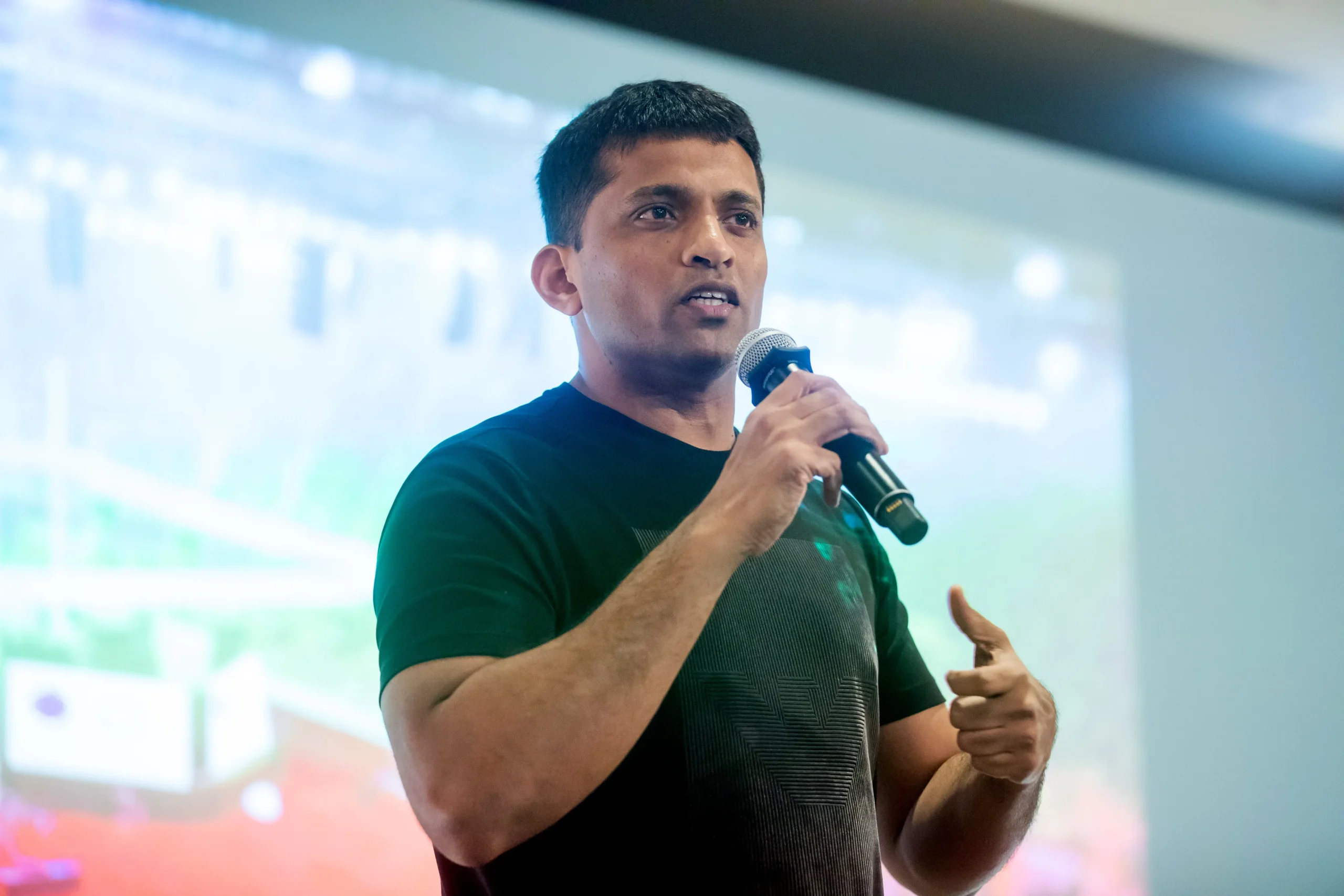Mergers & Acquisitions
-

Tom Brady’s Autograph Joins Forces with Future in Digital Fitness Merger
Autograph, the company co-founded by Tom Brady, is merging with Future, a digital fitness platform. Brady will join Future’s board of directors and serve as co-chair, marking a significant shift in the trajectory of both…
-

UK Digital End-of-Life Startup Farewill Acquired for $16.8M by Dignity
Dignity, a major U.K. funeral service provider, has acquired digital end-of-life services startup Farewill in an all-shares deal valued at £12.9 million ($16.8 million). Farewill, which was founded in 2015, offers online tools for writing…
-

Byju’s Once Valued at $22 Billion, Now Worth Nothing Says Founder
Byju Raveendran, founder of the edtech giant Byju’s, disclosed on Thursday that his company, once valued at $22 billion, has now effectively become “worth zero.” He attributed the downfall to a series of mistakes, including…
-

Verified Accounts On Twitter Sees Major Change, Among Others, Following Elon Musk’s Takeover
After more than half a year of twists and turns, Elon Musk’s $44 billion high-profile buyout of the social media platform Twitter takeover has finally taken place, with many of the company’s previous top executives…
-

Singapore-Based Interior Design Unicorn Livspace Sets Aside $100m For Strategic Acquisition
Interior design unicorn Livspace has announced that it will set aside $100m for its expansion plans in India, Singapore, Malaysia, and the Middle East. According to the company’s announcement, the funds will go towards incubating…




